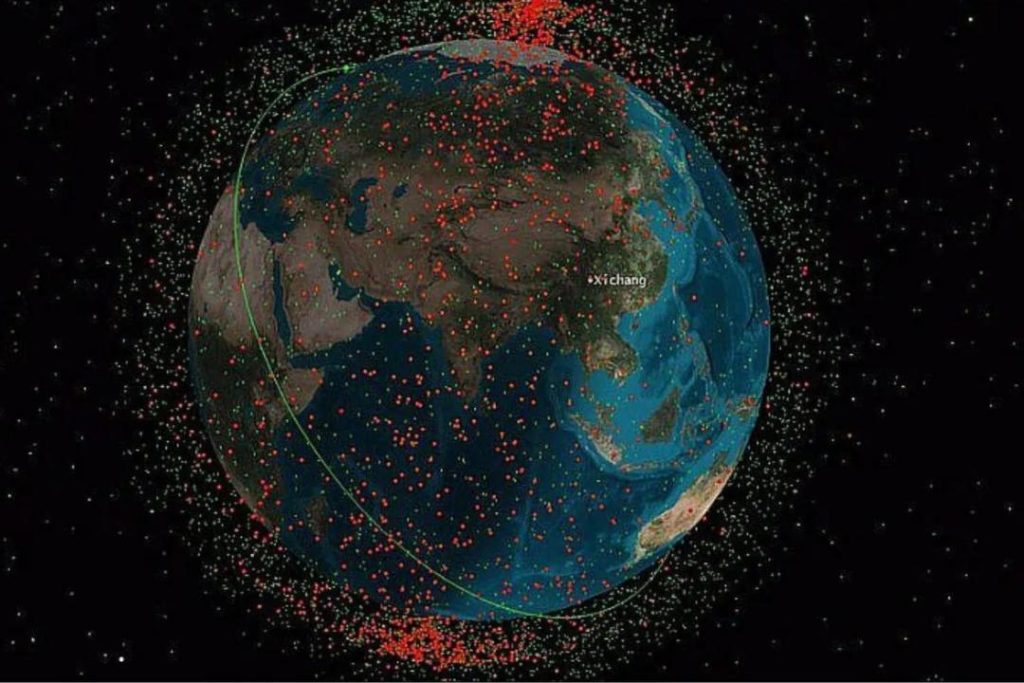
Study Warns of Growing Space Pollution Amid Record Rocket Launches
The rapid growth of the space industry has brought numerous benefits, from improved communication and navigation to increased access to space for scientific research and exploration. However, a new study has sounded a warning bell about the environmental impact of this surge in space activity. Researchers at University College London have found that the increasing number of rocket launches is releasing more pollutants into the atmosphere than ever before.
According to the study, the number of rocket launches has reached a record high in recent years. In 2024, there were 259 launches, while in 2023, the number was 223. These launches consumed over 153,000 metric tons of fuel, which has resulted in a significant increase in atmospheric pollution. The study’s findings have raised concerns about the long-term effects of space pollution on the environment and human health.
One of the main concerns is the release of climate-altering pollutants, such as soot and CO2, from satellites and rockets. The study found that satellites like SpaceX’s Starlink and OneWeb, which are designed to provide global internet connectivity, have tripled emissions of these pollutants. Soot, in particular, is a significant concern because it can absorb solar radiation and accelerate global warming.
The study’s lead author, Dr. Mark Sims, a professor at University College London, emphasized the urgency of the situation. “We need to take immediate action to reduce the environmental impact of space activities. The growing number of rocket launches and the increasing number of satellites in orbit are having a significant impact on the environment, and it’s essential that we address this issue before it’s too late.”
The study’s findings are based on data from the European Space Agency’s (ESA) Clean Space initiative, which aims to reduce the environmental impact of space activities. The initiative has been tracking the environmental impact of space activities since 2011 and has identified several areas where improvements can be made.
One of the main areas of concern is the lack of regulation and oversight of the space industry. While there are some international regulations in place, they are often inadequate or poorly enforced. The study’s authors are calling for stricter regulations and more effective monitoring of space activities to reduce their environmental impact.
Another area of concern is the lack of public awareness about the issue of space pollution. While there is growing concern about the impact of climate change, the issue of space pollution is often overlooked. The study’s authors are calling for greater public awareness and education about the issue to raise awareness and encourage action.
The study’s findings have implications for the future of space exploration and development. As the space industry continues to grow, it is essential that we prioritize the environmental impact of our activities and take steps to reduce pollution. This will require a coordinated effort from governments, industry leaders, and the public to develop more sustainable and environmentally friendly space technologies.
In conclusion, the study’s findings highlight the urgent need for action to reduce the environmental impact of space activities. While the benefits of space exploration and development are undeniable, we must also prioritize the protection of the environment and human health. By working together, we can develop more sustainable and environmentally friendly space technologies that benefit both humanity and the planet.






